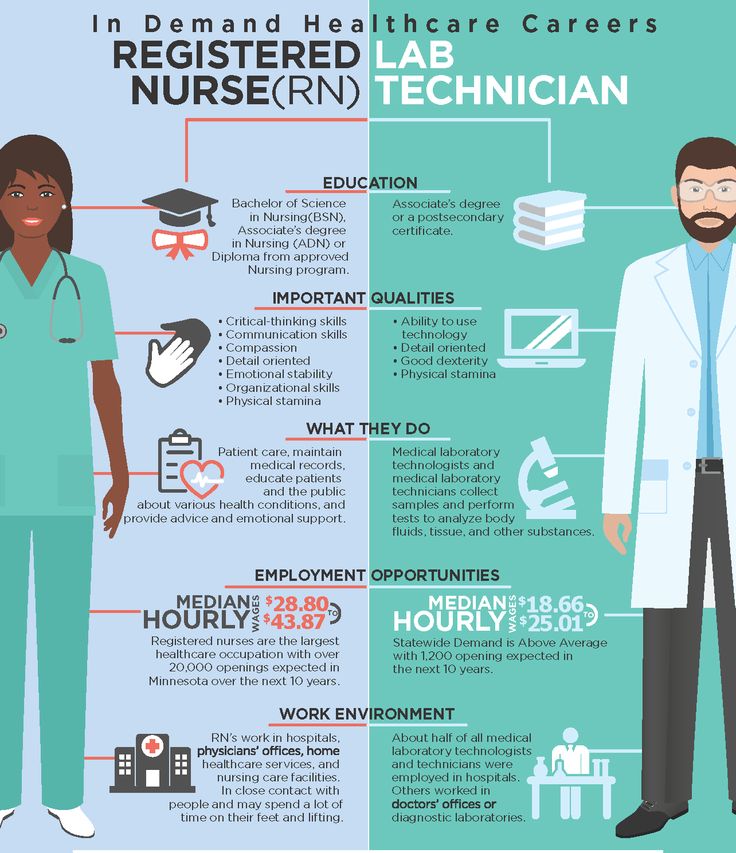
As medical associations look towards the future, choosing the right Learning Management System (LMS) becomes a critical decision that can impact their ability to effectively train, engage, and certify healthcare professionals. A robust LMS is not merely a convenience; it’s a necessary tool for educational progress and professional development within the medical field. Here are some key points medical associations should consider when selecting an LMS:
Customizability: Medical education requires a platform that can adapt to a wide range of content types and learning paths. The ideal LMS should provide customizable features allowing for a tailored educational experience that meets the specific needs of various specialties within the medical field.
Compliance and Accreditation Support: It’s essential for medical associations to maintain compliance with continuing education requirements. An LMS should offer tools that facilitate accreditation processes, track credit hours, and ensure all training is in line with current medical regulations and standards.
User-Friendly Interface: Since users range from tech-savvy individuals to those less comfortable with digital platforms, an LMS must boast an intuitive design that simplifies navigation and makes it easy for all members of a medical association to access and consume content.
Engagement Tools: To improve retention rates and foster interactive learning, an LMS should include features like discussion forums, live webinars, virtual simulations, and other interactive elements.
Mobile Accessibility: In our fast-paced world, mobile access is non-negotiable. An LMS needs to be fully functional on tablets and smartphones so that learning can occur anytime, anywhere.
Robust Reporting and Analytics: The ability to track user progress, identify trends, and gauge the effectiveness of educational materials helps associations make informed decisions about current and future programming.
Scalability: As associations grow or healthcare demands change, an LMS must be able to scale up in terms of users served and content hosted without a loss in performance quality.
Security: Patient case studies and sensitive material are often part of medical training; as such, the platform must demonstrate robust security protocols compliant with HIPAA or similar regulations to protect user data as well as confidential information.
Reliable Customer Support: Finally, round-the-clock technical support from the LMS provider ensures that any issues can be resolved quickly without interrupting the learning process—an important consideration for time-crunched health professionals.
In conclusion, as medical associations evaluate LMS options for their unique needs, they should thoroughly assess each platform’s features against these criteria. Investing time in proper due diligence will undoubtedly pay off in delivering efficient education tailored to foster the professional growth of their members and positively influence the future of health care delivery.
